THREAT CONVERGENCE:
THE NEW ACADEMIC WORK, BULLYING, MOBBING AND FREEDOM
Stephen Petrina, Sandra Mathison & E. Wayne Ross
The convergence of the casualization, fragmentation, intensification, segmentation, shifting and creep of academic work with the post-9/11 gentrificaton of criticism and dissent is arguably one of the greatest threats to academic freedom since the Nazi elimination of the Jewish professoriate and critique in 1933, Bantu Education Act’s reinforcement of apartheid in South Africa in 1952, and McCarthyism in Canada and the US in the 1950s and 1960s. In the history of education, this would be quite the claim yet the evidence seems to speak for itself. Academic work has been fragmented into piecemeal modes and intensified as academics absorbed, through amalgamation, traditional clerical staff and counseling work. The balance of the academic workforce has been reduced and casualized or segmented to an “at whim,” insecure, unsalaried part-time labor pool, the 8-hour workday and 40-hour academic workweek collapsed to 60-80 hours, and the primary locus of academic work shifted off-campus as the workplace crept into the home and its communal establishments. Academic stress— manifested as burnout through amalgamation and creep of work, and as distress through bullying, mobbing and victimization— underwrites increases in leaves of absence. Non-tenure track faculty are hit particularly hard, indicating “contingency or the precariousness of their position” as relentless stressors.
Nowadays, it’s whimsical to reminisce about work-life balance and promises that the academic workforce will be renewed as boomers retire with baited expectations, or that the workweek and workplace for salaried full-timers could be contained within the seduction of flextime and telecommuting. In many ways, the flexible workplace is the plan for boomers by boomers with both nest eggs and limits on retirement age breaking. As currency values, retirement portfolios, and savings spiral downward while dependent children and grandchildren and inflation spiral upward, incentives to retire erode. Precariously unemployed, underemployed and part-time academics aside, boomers still in the academic system are trended to face the biggest losses. As economic incentives to retire decrease, incentives for intellectual immortality and legacy management flourish with the boomers’ political leanings moving toward the center. One can hardly blame them.
Enthusiasts of anything “flexible” (learning, space, time, work, etc.) and everything “tele” (commuting, conference, learning, phone, work, etc.), academics readily workshift with additional liability but no additional remuneration— instead is an unquestioned acceptance of the “overtime exemption”— while the employer saves about $6,500 per year per worker in the tradeoff as worksite or workspace shifts from campus to home. The academic workweek is now conservatively 60 hours with many PT and FT reporting persistent 70-80 hour weeks. Perhaps academic women can finally have it all after putting in the 120 hour workweek. One reason institutions now cope with many fewer FT hires is that academics are all too willing to do the work of two. As Gina Anderson found a decade ago, “with apparently unconscious irony, many academics reported that they particularly valued the flexibility of their working week, in terms of both time and space… in the same breath as reporting working weeks in the order of 60 hours.” For most academic workers, the cost of flexibility is effectively a salary cut as overheads of electricity, heat, water, communication and consumables are shifted to the home. Carbon footprint reductions are a net benefit and for a minority, the savings of commuting and parking offset the costs of this homework or housework. What is the nature or implications of this increasing domestication of academic work and displacement of the academic workplace? For academic couples with or without children, the dynamics of housecohabitry, househusbandry or housewifery necessarily change as the academic workplace shifts and labor creeps into the home. With temptations to procrastinate on deluges of academic deadlines, academic homes have never been cleaner and more organized. Nevermind the technocreep of remote monitoring. Over the long run, although some administrators cling to the digital punch card and time stamp with Hivedesk, Worksnaps or MySammy, “smashing the clock” in the name of flextime and telework is about the best thing that ever happened to academic capitalism.
This is not exactly a SWOT analysis, where Strengths, Weaknesses, Opportunities and Threats are given due treatment. Rather, the focus is on this threat convergence as it resolves through historic displacements of the academic workplace and work. To what degree are the new policies for academic speech inscribed in academic work, regardless of where it’s done? As the academic workplace is increasingly displaced and distributed, are academic policies displaced and distributed as well? Observed at work, monitored at home and tracked in between—these are not so much choices as the cold reality of 21st century academic work.
Read More: Threat Convergence

 Follow
Follow

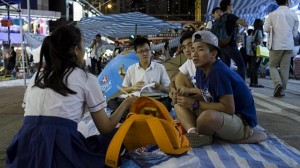
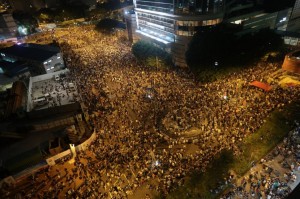
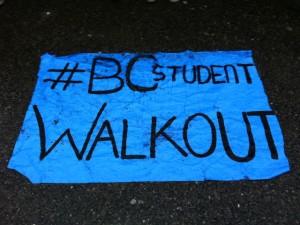
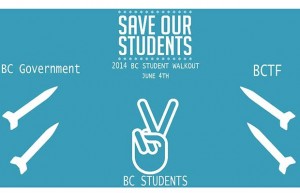
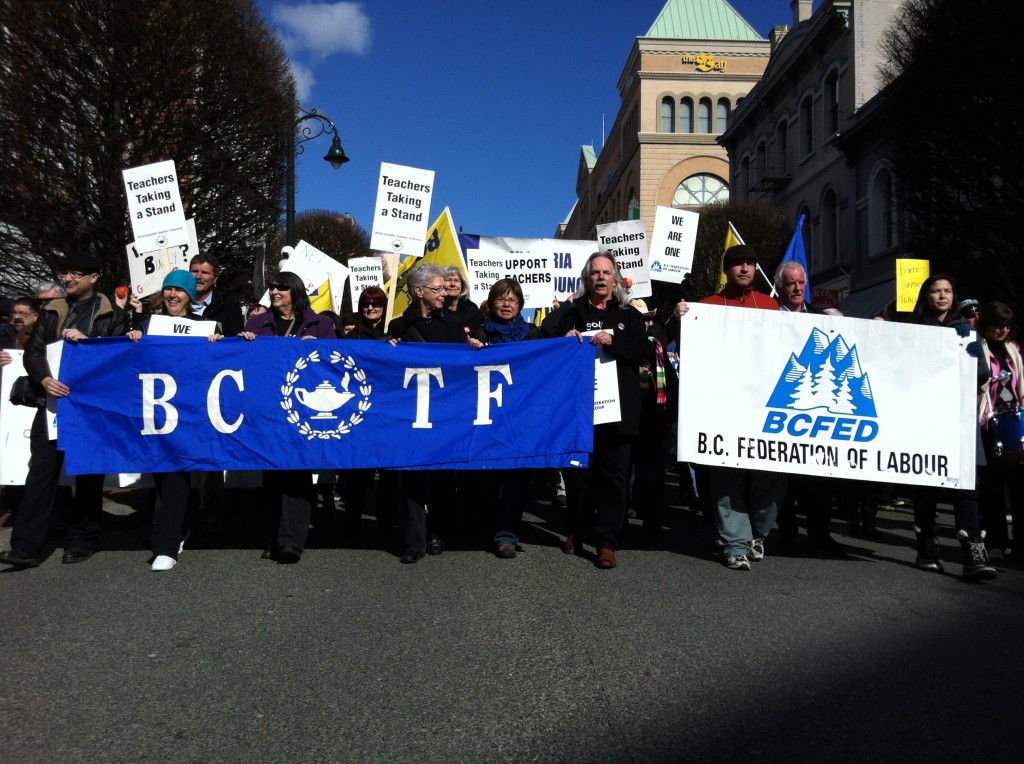
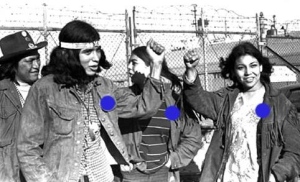



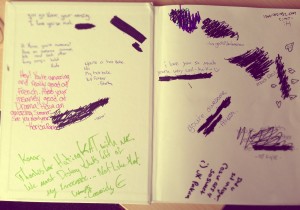
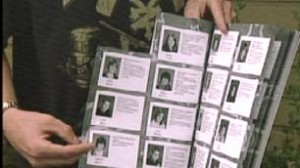
Equity, Governance, Economics and Critical University Studies #criticaled #edstudies #ubc #ubced #bced #yteubc
Workplace: A Journal for Academic Labor
Equity, Governance, Economics and Critical University Studies
No 23 (2014)
As we state in our Commentary, “This Issue marks a couple of milestones and crossroads for Workplace. We are celebrating fifteen years of dynamic, insightful, if not inciting, critical university studies (CUS). Perhaps more than anything, and perhaps closer to the ground than any CUS publication of this era, Workplace documents changes, crossroads, and the hard won struggles to maintain academic dignity, freedom, justice, and integrity in this volatile occupation we call higher education.” Workplace and Critical Education are published by the Institute for Critical Education Studies (ICES).
Commentary
Articles
Leave a comment
Posted in AAUP, Academic freedom, Adjuncts, Administration, BC Education, Commentary, Critical Education, Critical University Studies, Environment, Equity, Ethics, Governance, Government, Organizing, Research, Student Movement, Student Speech, Students, Working condition
Tagged Academic freedom, BC education, Budgets & Funding, Critical Education, Equity, Ethics, Government, Publishing, Students, Working conditions, Workplace Journal